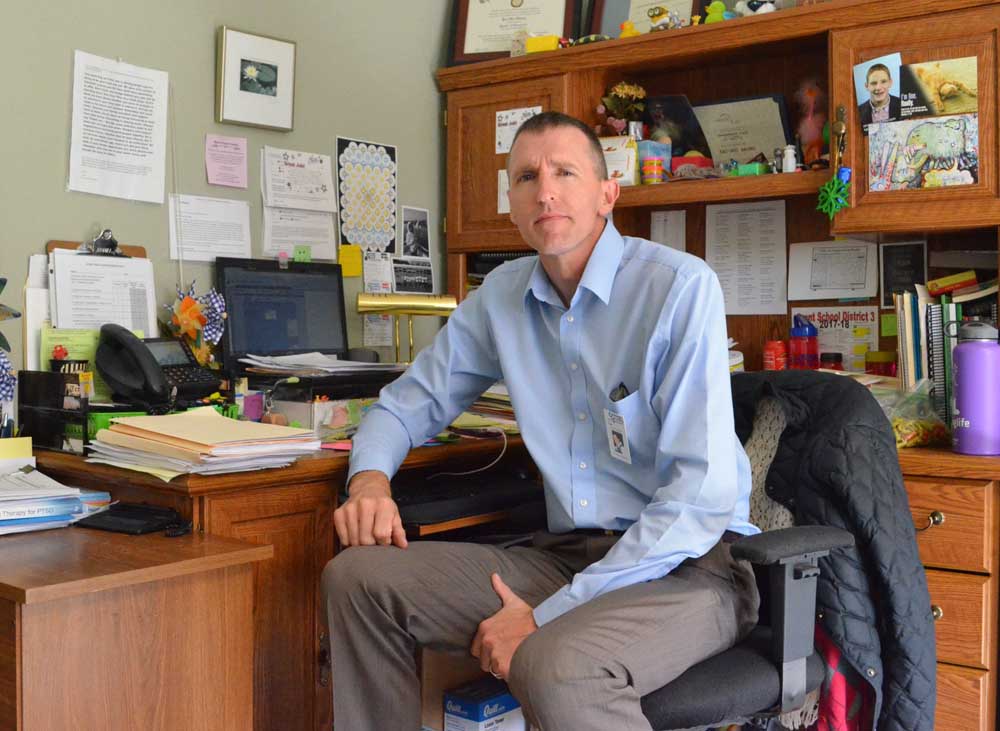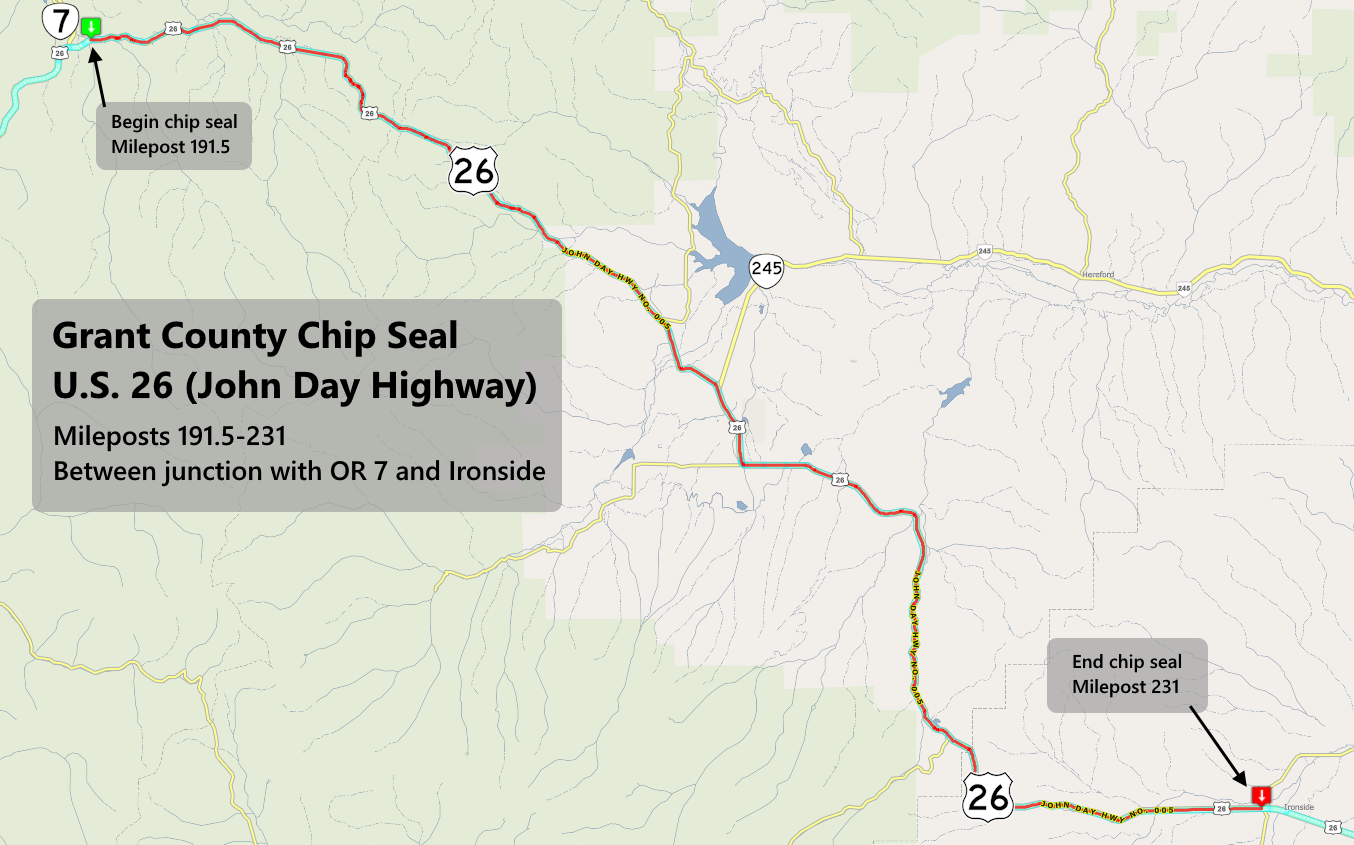MEDICAL GUIDE: Maintaining mental health amid the pandemic
Published 10:30 am Thursday, February 18, 2021
With the stress of current events and living with a pandemic for roughly a year, people are struggling with mental health now more than ever.
Community Counseling Solutions Clinical Director Thad Labhart said, “pandemic or not,” everybody copes differently but needs to seek a connection.
Labhart said those connections could come through natural support, such as family, friends or community events. The irony is that many people with anxiety and depression may have a fear of initiating that connection, he said.
“So one of the best things that, as a community, we can do is reach out to those folks who we know are struggling and do some outreach,” he said.
Labhart said reaching out to those communities does not have to be through “formal mechanisms.”
“We have all sorts of people right now who are doing outreach with people that are identified to have struggles,” he said.
He said Community Counseling Solutions does not know who those people are.
“So we have to rely on the community to tell us who we can do outreach with, but not everybody wants to hear from CCS,” he said. “People value their privacy, particularly in a small town.”
Labhart said CCS received a grant through the Federal Emergency Management Agency and was able to bring on seven different outreach workers. He said two are full-time.
Labhart said they’re not counselors, just outreach workers. He said the workers coordinate with community groups and people in the community identified as those who may need help getting connected with services in the area and throughout the state.
He said these could be behavioral health services, medical, housing, loan protection programs and employment.
Labhart said the crisis workers can be reached at 1-800-923-4357 or 541-676-9161.
Here’s a list of common reactions that may mean you should reach out for more support, according to the Federal Emergency Management Association.
Are you feeling:
• Anxious or fearful?
• Guilt or sadness?
• Numb or disconnected from life?
• Uninterested or unmotivated?
• Angry or irritable?
• Lonely or socially isolated?
• Distracted or disoriented?
Are you having trouble:
• Concentrating, remembering or making decisions?
• Talking about what happened or listening to others?
• Getting out of bed?
• Doing things you normally do, like paying bills?
Do you find yourself:
• Feeling tired all the time?
• Feeling tense or easily startled?
• Having headaches or other physical pain?
• Eating too much or too little?
• Experiencing nausea or stomach aches?
• Reach for what’s helped you cope in the past
• Talk with others as much as you can
• Remove distractions from sleep and rest
• Exercise
• Eat healthier
• Listen to music, meditate or try focused breathing
• Write in a daily journal
• Schedule activities you enjoy
• Maintain or establish new routines
• If symptoms linger or intensify, talk to a professional
Try to avoid:
• Any violence, conflict or risky behavior
• Blaming yourself or others
• Excessive use of alcohol or drugs
• Withdrawing from family and friends
Recovering from any natural disaster takes time and can feel overwhelming. Here are some reminders to help you stay hopeful and resilient.
Reach out: Accept help and support from people who care.
Look ahead: Know your healing has purpose toward the future.
Accept change: Accept what you can’t control so you can focus on what you can.
Move forward: Do one thing each day to keep working toward your goals.
Decisive action: Try to take action rather than putting off or avoiding tasks.
Self-discovery: Be open to opportunities to learn about yourself.
Trust yourself: Nurture a positive view of yourself and your ability to face challenges.
Keep perspective: See the big picture and focus on what’s most important in your life.
Build hope: Visualize what you want rather than focusing on obstacles.







